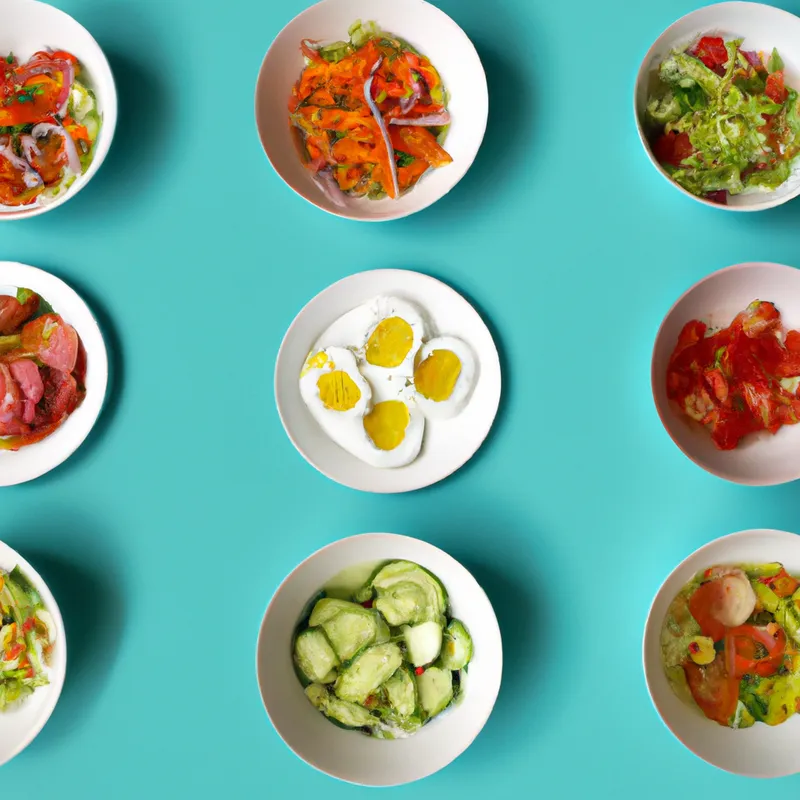Crafting Seasonal Plant-Based Meal Plans
How to Create Plant-Based Meal Plans for Different Athletic Seasons
Athletes need a nutrition plan to boost performance, recovery, and health. As plant-based diets gain popularity, many athletes seek effective fuel sources without animal products. This blog guides you in creating plant-based meal plans for off-season, pre-season, and in-season phases.
Understanding the Athletic Seasons
The athletic calendar consists of three phases: off-season, pre-season, and in-season. Each phase has unique nutritional needs based on training and competition demands.
Off-Season Nutrition
Athletes focus on recovery and muscle maintenance during the off-season. They typically engage in lighter training and aim to prevent injuries. Meal plans should prioritize nutrient-dense foods that support health without excess calories.
**Key Nutritional Focus:**
– **Whole Foods**: Emphasize whole grains, legumes, vegetables, and fruits. Quinoa, brown rice, lentils, and colorful vegetables provide essential nutrients and maintain muscle mass.
– **Protein Sources**: Include plant-based proteins like chickpeas, tempeh, and edamame. These foods support muscle repair and maintain strength.
– **Healthy Fats**: Add healthy fats from avocados, nuts, and seeds to support health and hormone balance.
**Sample Meal:**
– **Lunch**: Quinoa salad with black beans, roasted sweet potatoes, cherry tomatoes, avocado, and lime vinaigrette. This meal offers protein, fiber, and healthy fats.
Pre-Season Nutrition
Pre-season training intensifies, so athletes need energy and stamina. Carbohydrates become crucial for fueling workouts and enhancing performance.
**Key Nutritional Focus:**
– **Increased Carbohydrates**: Focus on complex carbohydrates from whole grains, fruits, and starchy vegetables. Oats, brown rice, and sweet potatoes provide necessary energy for demanding sessions.
– **Hydration**: Hydration is vital during pre-season training. Include hydration-rich foods like cucumbers, watermelon, and oranges to maintain fluid balance.
– **Nutrient Timing**: Plan meals around workouts. Consuming a carbohydrate-rich snack before training enhances performance and recovery.
**Sample Meal:**
– **Pre-Workout Snack**: A smoothie with spinach, banana, almond milk, and plant-based protein powder. This quick drink provides energy and nutrients.
In-Season Nutrition
In-season, athletes face peak training demands. They should maintain energy, support recovery, and optimize performance during competitions.
**Key Nutritional Focus:**
– **Balanced Meals**: Prioritize balanced meals with carbohydrates, proteins, and fats.
Conclusion
Creating plant-based meal plans requires attention to athletic seasons. Adjust your nutrition focus to meet training demands effectively.
Below are related products based on this post:
FAQ
What should athletes focus on during the off-season when creating a plant-based meal plan?
During the off-season, athletes should prioritize nutrient-dense foods that support recovery and muscle maintenance. Key focuses include whole foods like whole grains, legumes, vegetables, and fruits, along with plant-based protein sources such as chickpeas and tempeh, and healthy fats from avocados and nuts.
How does pre-season nutrition differ from off-season nutrition for athletes?
Pre-season nutrition is centered around increasing carbohydrate intake to fuel intense training sessions. Athletes should focus on complex carbohydrates from whole grains and starchy vegetables, ensuring they remain hydrated and consume nutrient-rich snacks around workout times to enhance performance and recovery.
What are the main nutritional goals for athletes during the in-season?
In-season nutrition aims to maintain energy levels, support recovery, and optimize performance during competitions. Athletes should prioritize balanced meals that include a combination of carbohydrates, proteins, and fats to meet the demands of peak training and competitive events.















Post Comment